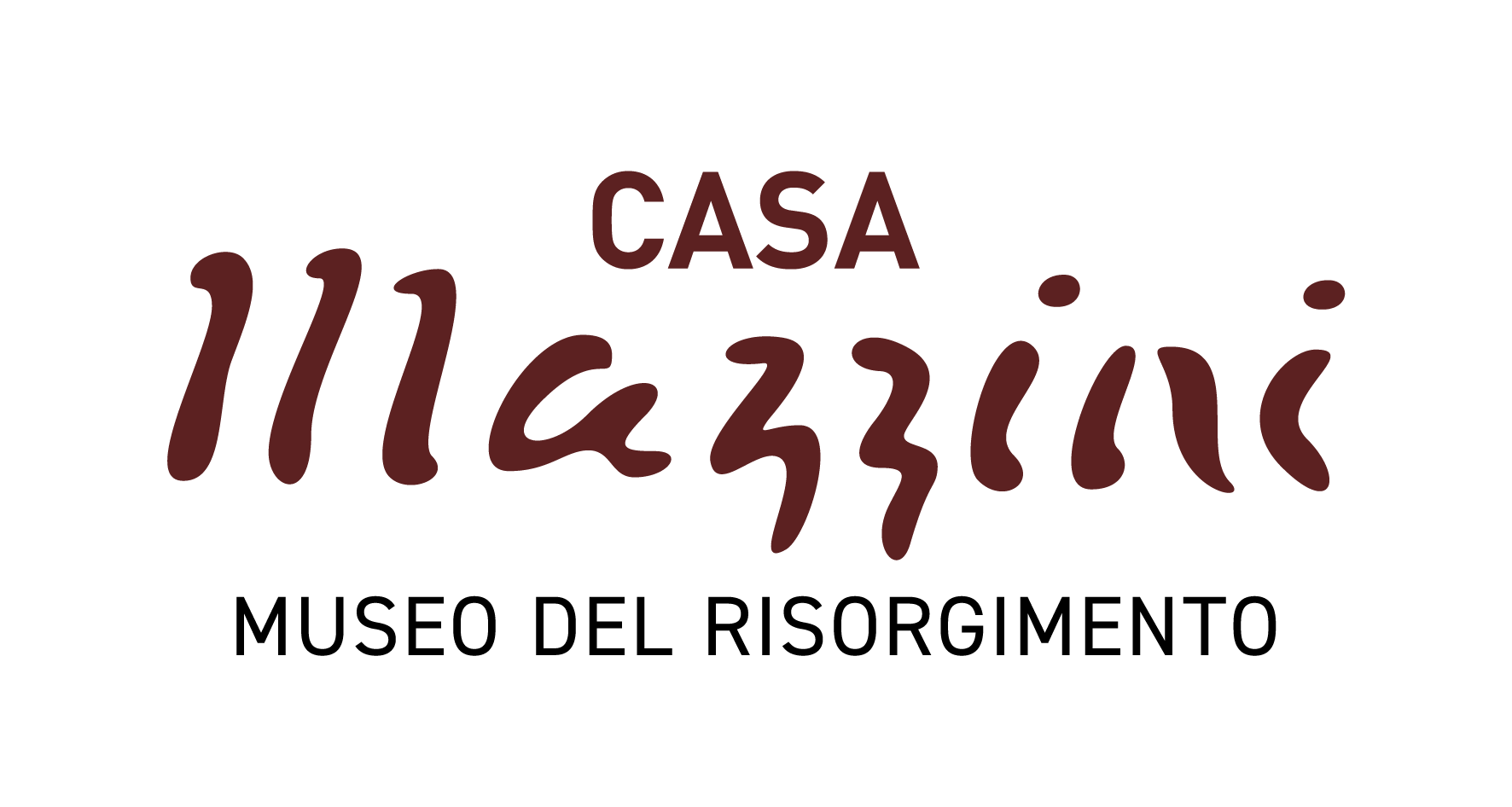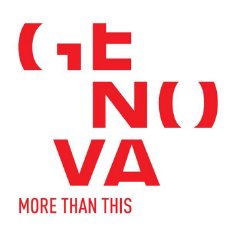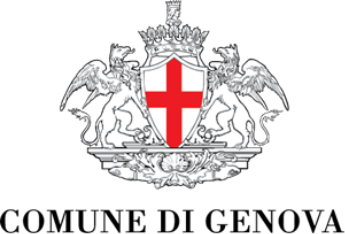The Constitution of the Roman Republic of 1849
and the Constitution of the Italian Republic of 1948
In italics the articles and the fundamental principles of the Constitution of the Roman Republic.
Constitution of the Roman Republic: voted unanimously on July 1, 1849, promulgated on July 3, 1849
Constitution of the Italian Republic: definitively approved on December 22, 1947, promulgated on December 27, 1947, entered into force on January 1, 1948
I - VIII BASIC PRINCIPLES, ARTICLES
1-69, DIVIDED INTO 8 TITLES and TRANSITIONAL PROVISIONS
ARTICLES 1- 12: FUNDAMENTAL PRINCIPLES,
ARTICLES 14 - 54: Part one - Rights and duties of citizens
ARTICLES 55 - 139: Part two - Order of the RepublicI - XVIII TRANSITIONAL AND FINAL PROVISIONS
I - Sovereignty is by eternal right in the people. The people of the Roman state are constituted in the Democratic Republic.
Art. 15 - All power comes from the people. It is exercised by the Assembly, the Consulate, the judiciary.
Sovereignty belongs to the people, who exercise it in the forms and within the limits of the Constitution
(Art. 1)
II - The democratic regime has as a rule equality, freedom, fraternity. It does not recognize noble titles, nor birth or caste privileges.
VII - The exercise of civil and political rights does not depend on religious belief.
All citizens have equal social dignity and are equal before the law, without distinction of sex, race, language, religion, political opinion, personal and social conditions […] (Art. 3)
All religious denominations are equally free before the law [...]. (Art. 8)
XIV - Noble titles are not recognized. The predicates of those existing before October 28, 1922 count as part of the name […]
III - The republic with laws and institutions promotes the improvement of the moral and material condition of all citizens.
[...] It is the task of the Republic to remove the obstacles of an economic and social order, which, by effectively limiting the freedom and equality of citizens, prevent the full development of the human person and the effective participation of all workers in the political, social economic and organizations (Art. 3)
IV - The republic concerns all peoples as brothers: respects every nationality: it defends the Italian.
Italy repudiates war as an instrument of offense against the freedom of other peoples and as a means of resolving international disputes; it allows, on an equal footing with other states, the limitations of sovereignty necessary for an order that ensures peace and justice among nations; promotes and favours international organizations aimed at this purpose (Art. 11)
VI - The fairest possible distribution of local interests, in harmony with the political interest of the state, is the rule of the territorial division of the republic.
The Republic, one and indivisible, recognizes and promotes local autonomies; implements the broadest administrative decentralization in services that depend on the state; adapts the principles and methods of its legislation to the needs of autonomy and decentralization (Art. 5)
VIII - The Head of the Catholic Church will have all the necessary guarantees from the Republic for the independent exercise of spiritual power.
The State and the Catholic Church are, each in its own order, independent and sovereign […]
(Art. 7)
Art. 3 - People and property are inviolable.
Art. 4 - No one can be arrested except in flagrant crime, or by mandate of a judge, nor be diverted from his natural judges [...].
Personal freedom is inviolable. No form of detention, inspection or personal search, nor any other restriction of personal liberty is admitted, except by an act motivated by judicial authority and only in the cases and ways provided for by law [...] (Art. 13)
Art. 5 - The death and confiscation penalties are proscribed.
[…] The penalties cannot consist of treatments contrary to the sense of humanity and must aim at the re-education of the condemned. The death penalty is not allowed.
Art. 6 - The home is sacred: it is not allowed to enter it except in cases and ways determined by law.
The home is inviolable. Inspections or searches or seizures cannot be carried out there, except in the cases and ways established by law according to the guarantees prescribed for the protection of personal freedom [...] (Art. 14)
Art. 7 - The expression of thought is free, the law punishes its abuse without any prior censorship.
Everyone has the right to freely express their thoughts verbally, in the written form and any other means of diffusion. The press cannot be subject to authorizations or censorship [...]
(Art. 21)
Art. 8 - Teaching is free [...]
Art and science are free and their teaching is free [...] (Art. 33)
Art. 9 - The privacy of letters is inviolable.
The freedom and privacy of correspondence and any other form of communication is inviolable [...] (Art. 15)
Art. 10 - The right of petition can be exercised individually and collectively.
All citizens can petition the Chambers to ask for legislative measures or to present common needs (Art. 50)
Art. 11 - The association without weapons and without crime purpose is free.
Citizens have the right to associate freely, without authorization, for purposes that are not prohibited to individuals by criminal law. Secret associations and those that pursue, even indirectly, political purposes through military organizations are forbidden (Art. 18)




